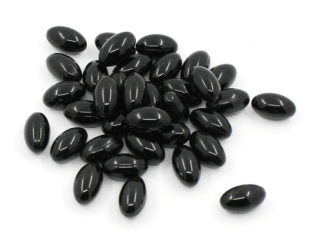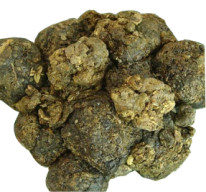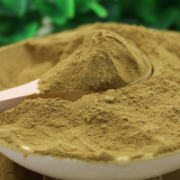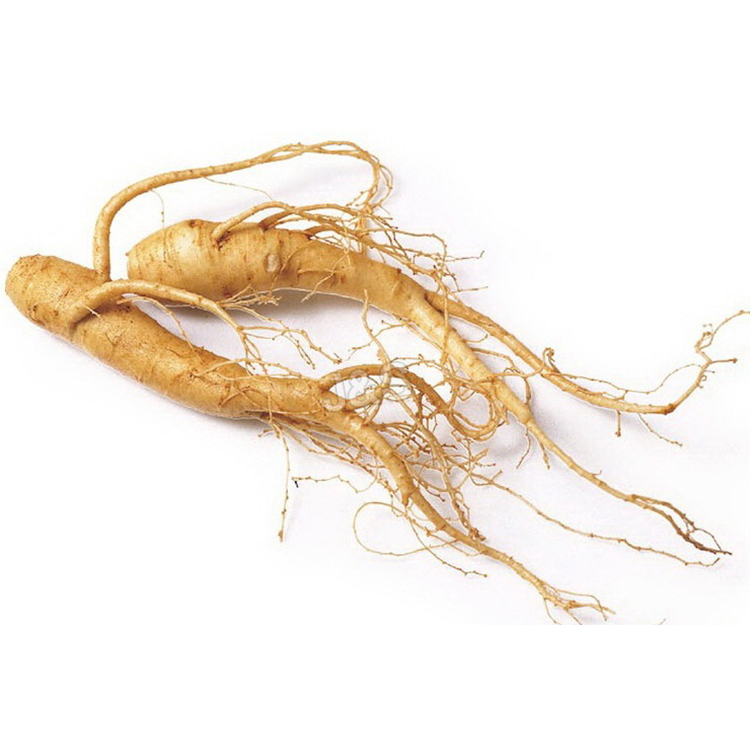Wholesale 100% Original Organic Propolis powder kazan
Wholesale 100% Original Organic Propolis powder kazan Detail:
[Products Name] Propolis powder, Propolis extract powder
[Specification]
Propolis content 60%,70%,80%
Water-soluble propolis powder 60%,70%,80%
[Gerneral feature]
1. Low antibiotics
2. Low PAHs, can approve to 76/769/EEC/German:LMBG;
3.Organic certified by ECOCERT, according to EOS & NOP organic standard;
4.Pure natural propolis;
5.High content of flavones;
6.Anti-block;
7. Manufacturer supply.


[Packaging]
1. 5kg/aluminum foil bag, 25kgs/carton.
[How to get it]
First, we collect raw propolis from beehives, then extract by low temperature with ethanol. Filter and concentrate, we get the pure propolis block at 98%. Then Low temperature crushing, adding edible and medicinal excipients, finally we get propolis powder.
[Introduction]
Propolis comes from the substance like natural resin, which is collected by the bees from exudates of plants branches and bud the chemical substances of Propolis are found to be various, such as beeswax, resin, incense lipids, aromatic oil, fat-soluble oils, pollen and other organic matter. Studies have shown that the source of propolis resin in material has three types: bees collected plants secreted fluid, secretion in vivo metabolism of bee, and involvement in the process of forming the material.
We can supply Propolis Extract with food-grade and medicine-grade .The raw materiall is came from non-polluting food grade propolis .Propolis extract was made of high-grade propolis. It maintains the propolis effective ingredients during the procedure of extraction under constant low temperature , taking off the useless substances and sterilization.
[Function]
Propolis is a natural product processed by bees mixed with glutinous and its secretion.
Propolis contains more than 20 kinds of useful flavonoids, rich vitamins, enzymes, amino acids and other microelements, etc. Propolis is called “purple gold” owing to its valued nutrients.
Propolis can remove free radical, lower blood sugar and blood fat, soften blood vessels, improve micro-circulation, enhance immunity, anti-bacteria and anti-cancer.
Product detail pictures:

Related Product Guide:
While in the past few years, our organization absorbed and digested innovative technologies both equally at home and abroad. Meanwhile, our organization staffs a group of experts devoted for the advancement of Wholesale 100% Original Organic Propolis powder kazan , The product will supply to all over the world, such as: Moldova, US, Johor, Since the establishment of our company, we have realized the importance of providing good quality products and the best before-sales and after-sales services. Most problems between global suppliers and clients are due to poor communication. Culturally, suppliers can be reluctant to question things they do not understand. We break down those barriers to ensure you get what you want to the level you expect, when you want it.
https://diabetessugarcontrol.mysocialtoolkit.com/
https://www.davegsmith.com/
https://davesmith.ludaxx.com
Powerful Antioxidant, How it Functions for
To conclude, usage of F21, PEARL and KONLI herbal tea for wellness physical fitness must be motivated because of their various synergistic results.
F21 is an All Natural Sugar Blocker that helps limit your blood sugar absorption. It consists of different compounds found to have various health benefits, such as L-Arabinose, Coriolus Versicolor Polysacchride, Konjac-Mannan, Magnesium Stearate, Mint flavor: Menthol and Natural Colors. F21 not only does it help promote weight loss, (PSK) boosts your immune system response. In fact, for every gram of F21, you can block up to 20 grams of sugar (sucrose). The formula not only helps promote weight loss, it benefits the digestive system by allowing the blocked sucrose to support beneficial probiotic bacteria while the polysaccharide (PSK) boosts your immune system response.
Contact
Dave Smith https://www.davegsmith.com/
Diabetes control :
00:00:05 Diabetes control
00:00:04 loseweight
00:00:03 Diabetes control
00:00:02 Herbs for diabetes
00:00:01 Diabetes control
Peanut, also known as groundnut (Arachis hypogaea) is a crop of global importance. It is widely grown in the tropics and subtropics, being important to both smallholder and large commercial producers. It is classified as both a grain legume,[2] and, because of its high oil content, an oil crop.[3] World annual production is about 46 million tonnes per year. Very unusually among crop plants, peanut pods develop under the ground.
Opened peanut
As a legume, peanut belongs to the botanical family Fabaceae (also known as Leguminosae, and commonly known as the bean or pea family).[1] Like most other legumes, peanuts harbor symbiotic nitrogen-fixing bacteria in root nodules.[4] This capacity to fix nitrogen means peanuts require less nitrogen-containing fertilizer and improve soil fertility, making them valuable in crop rotations.
Peanuts are similar in taste and nutritional profile to tree nuts such as walnuts and almonds, and are often served in similar ways in Western cuisines. The botanical definition of a “nut” is a fruit whose ovary wall becomes very hard at maturity. Using this criterion, the peanut is not a nut,[5] but rather a legume. However, for culinary purposes and in common English language usage, peanuts are usually referred to as nuts.
Peanut flour is made from crushed, fully or partly defatted peanuts. Peanut flour, depending on the quantity of fat removed, is highly protein-dense, providing up to 31.32g per cup (60g).[1] Culinary professionals use peanut flour as a thickener for soups, a flavor and aromatic enhancer in breads, pastries and main dishes.
Contents [hide]
1 Types
2 Nutritional value
3 References
4 Source
Types[edit]
Light roast Light roast 12% fat is lightest in roast, aroma and in flavor of all of the peanut flours offered. It is used in applications where the peanut flour is not needed for flavor. Light roast with 28% fat provides a light flavor and aroma to dishes. It is used in culinary dishes where only a subtle flavor is needed.
Dark roast The dark roast peanut flours provide a robust peanut taste and aroma. Both roasts are used when a strong peanut flour is wanted in the culinary dish. The dark roast 12% fat is less in flavor than the 28% fat.
Nutritional value[edit]
Peanut flour, defatted, is listed as being very nutritional and is very low in saturated fat and cholesterol. It is also a good source of dietary fiber, thiamin, folate, potassium and zinc, and a very good source of protein, niacin, magnesium, phosphorus, copper and manganese.[2]
Peanut oil[edit]
Peanut oil is often used in cooking, because it has a mild flavor and a relatively high smoke point. Due to its high monounsaturated content, it is considered healthier than saturated oils, and is resistant to rancidity. The several types of peanut oil include: aromatic roasted peanut oil, refined peanut oil, extra virgin or cold-pressed peanut oil, and peanut extract. In the United States, refined peanut oil is exempt from allergen labeling laws.[28]
Peanut flour[edit]
Peanut flour is lower in fat than peanut butter, and is popular with chefs because its high protein content makes it suitable as a flavor enhancer.[citation needed] Peanut flour is used as a gluten-free solution.
Boiled peanuts[edit]
Boiled peanuts are a popular snack in the southern United States, as well as in India, China and West Africa. In the US South, boiled peanuts are often prepared in briney water, and sold in streetside stands.
Peanuts are rich in essential nutrients (right table, USDA nutrient data). In a 100 g serving, peanuts provide 570 calories and are an excellent source (defined as more than 20% of the Daily Value, DV) of several B vitamins, vitamin E, several dietary minerals, such as manganese (95% DV), magnesium (52% DV) and phosphorus (48% DV), and dietary fiber (right table). They also contain about 25 g protein per 100 g serving, a higher proportion than in many tree nuts.[34]
Some studies show that regular consumption of peanuts is associated with a lower risk of mortality specifically from certain diseases.[35] However, the study designs do not allow cause and effect to be inferred. According to the US Food and Drug Administration, “Scientific evidence suggests but does not prove that eating 1.5 ounces per day of most nuts (such as peanuts) as part of a diet low in saturated fat and cholesterol may reduce the risk of heart disease.”[36]
The company's products very well, we have purchased and cooperated many times, fair price and assured quality, in short, this is a trustworthy company!







